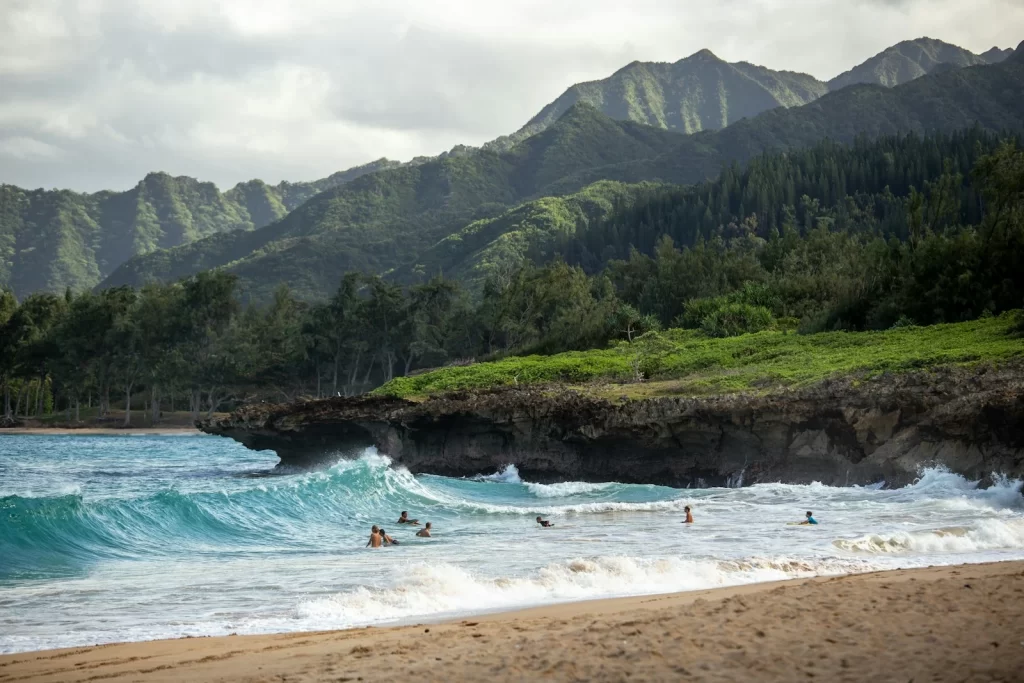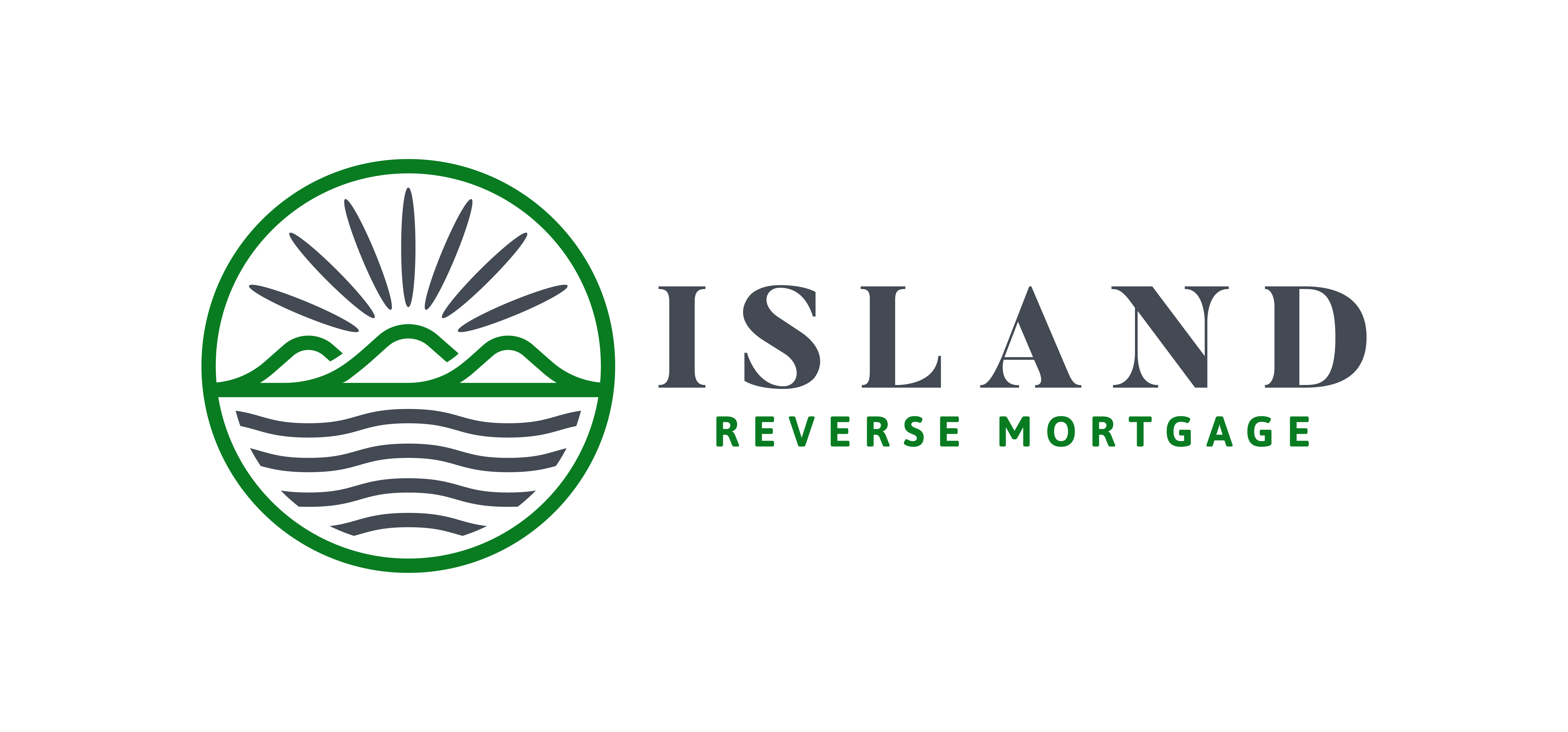
Introduction
When people imagine retirement, it often involves ocean breezes, year-round sunshine, and a slower pace of life. And few places fit that image better than Hawaii. Known for its breathtaking beauty, relaxed lifestyle, and aloha spirit, Hawaii consistently ranks among the top destinations for retirees seeking a tropical paradise. But paradise comes with planning.
In this guide, we’ll walk through everything you need to know about retirement options in Hawaii—from the best islands to retire on, to the cost of living, healthcare access, housing options, lifestyle benefits, and potential downsides.
Let’s help you turn your Hawaiian retirement dream into a well-informed reality.
1. Why Retire in Hawaii?
Retiring in Hawaii isn’t just about stunning beaches and sunsets—although those are definitely part of the appeal. The real draw lies in the island lifestyle, where nature, community, and wellness blend into everyday life.
Top reasons people choose Hawaii for retirement:
- Mild year-round climate
- Active outdoor lifestyle
- Cultural diversity
- Laid-back pace of life
- Access to fresh food and nature
2. Choosing the Right Island for Retirement
Each Hawaiian island has a unique vibe, cost structure, and community. Here’s a breakdown:
Oahu – Urban Convenience Meets Island Living
- Home to Honolulu and world-famous Waikiki.
- Best healthcare access and amenities.
- Higher cost of living, but great public transportation.
- Active social life with diverse food and entertainment options.
Maui – Luxury, Beauty, and Balance
- Popular among affluent retirees.
- Scenic beaches, golf courses, and resorts.
- Expensive real estate, but less crowded than Oahu.
- Offers a strong sense of community with a touch of exclusivity.
Big Island (Hawaii Island) – Affordability Meets Nature
- Most affordable island for retirement.
- Diverse climates (wet, dry, cool, and warm zones).
- Rural lifestyle with fewer amenities.
- Great for nature lovers and off-grid living.
Kauai – Laid-Back and Lush
- Known as the “Garden Isle.”
- Peaceful, rural lifestyle.
- Less development, limited medical access.
- Ideal for serenity and solitude.
3. Cost of Living in Hawaii for Retirees
Let’s be honest—Hawaii is expensive, and retirees need to plan wisely. The cost of living is around 30% higher than the national average, driven by:
- Housing – Most significant expense.
- Groceries and utilities – Due to shipping costs.
- Healthcare – Higher premiums in some areas.
Estimated Monthly Budget (Modest Lifestyle)
| Expense | Monthly Cost (Est.) |
|---|---|
| Housing (rent/own) | $1,800 – $3,500 |
| Food and groceries | $500 – $800 |
| Transportation | $200 – $400 |
| Healthcare | $300 – $800 |
| Utilities | $250 – $500 |
| Entertainment | $150 – $400 |
| Total | $3,200 – $6,400 |
4. Hawaii Retirement Communities and Housing Options
Hawaii offers a wide range of housing for retirees, from luxury condos to modest apartments and rural retreats.
Housing Options:
- 55+ retirement communities (limited but growing)
- Condominiums with ocean views
- Single-family homes in quiet towns
- Off-grid eco-living options
- Assisted living and senior care homes
Popular Retirement Communities:
- Kukui’ula (Kauai) – Luxury resort-style living.
- Hokuli’a (Big Island) – Golf-centered community with custom homes.
- Oahu’s Ko Olina and Mililani – Convenient, walkable neighborhoods with amenities.
5. Healthcare Access for Retirees in Hawaii
Healthcare is a critical concern for retirees. Hawaii has some of the best-rated hospitals in the country, but access depends on the island.
Best Healthcare Facilities:
- Queen’s Medical Center (Oahu)
- Kaiser Permanente (Multiple Islands)
- Maui Memorial Medical Center
- Hilo Medical Center (Big Island)
Medicare in Hawaii:
- Accepted widely.
- Medicare Advantage plans available.
- Some specialists may have long wait times, especially on rural islands.
6. Tax Considerations for Retirees in Hawaii
Hawaii is considered retiree-friendly in terms of taxation:
✅ Social Security benefits are not taxed
✅ Public pensions and military retirement are exempt
❌ Private pensions and IRAs may be partially taxed
❌ General excise tax (GET) raises the cost of goods
Planning your income streams wisely can help reduce the tax burden.
7. Employment and Volunteer Opportunities
Many retirees in Hawaii continue working part-time, either for extra income or fulfillment. Opportunities exist in:
- Tourism and hospitality
- Nonprofits and environmental organizations
- Education and tutoring
- Local government services
Volunteer work is also a popular choice, especially in beach cleanups, schools, or cultural preservation.
8. Outdoor Lifestyle and Recreation
One of the biggest perks of retiring in Hawaii is the active, outdoor lifestyle:
- Swimming, surfing, and snorkeling
- Hiking volcanic trails and waterfalls
- Golfing year-round
- Fishing, sailing, and kayaking
- Yoga and wellness retreats
Nature isn’t just scenery in Hawaii—it’s part of your daily routine.
9. Building a Social Life and Community
Even in paradise, social connection matters. Hawaii has a strong sense of ohana (family) and community inclusion, but it helps to get involved.
Ways to connect:
- Join local clubs and senior centers
- Attend cultural festivals and farmers markets
- Take Hawaiian language or hula classes
- Volunteer for community projects
10. Potential Downsides of Retiring in Hawaii
No place is perfect. Consider these potential drawbacks:
- High cost of living
- Island fever (feeling isolated)
- Limited healthcare access on some islands
- Natural disasters like hurricanes or volcanic activity
- Long travel times to mainland U.S.
It’s essential to visit for extended stays before committing long-term.
11. Tips for a Successful Retirement in Hawaii
- Rent before you buy – Test the area first.
- Budget carefully – Account for taxes, travel, and emergencies.
- Connect with expat groups – Learn from others who made the move.
- Downsize possessions – Shipping belongings is costly.
- Embrace the local culture – Respect, learn, and engage.
Conclusion
Retiring in Hawaii is a dream for many—and with the right planning, it can become your reality. Whether you choose the lush tranquility of Kauai, the energetic vibe of Oahu, or the affordability of the Big Island, Hawaii offers diverse retirement options to fit a variety of lifestyles and budgets.
By carefully considering your financial readiness, healthcare needs, and lifestyle preferences, you can enjoy your golden years surrounded by natural beauty, vibrant culture, and the aloha spirit that makes Hawaii truly special. 🌺
Ready to start your next chapter in paradise? Listen to your heart—and maybe the ukulele—and begin your retirement journey in Hawaii today.
